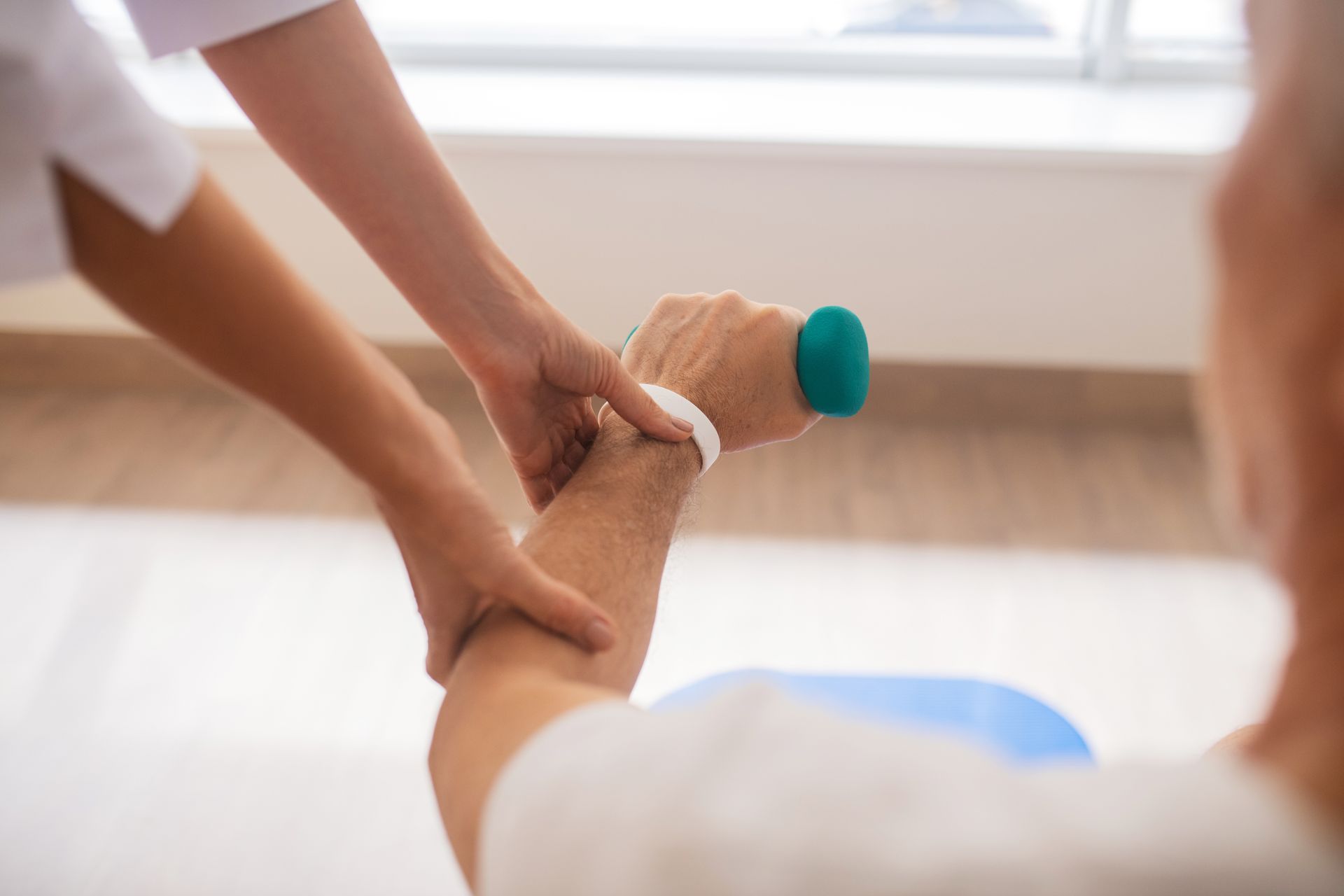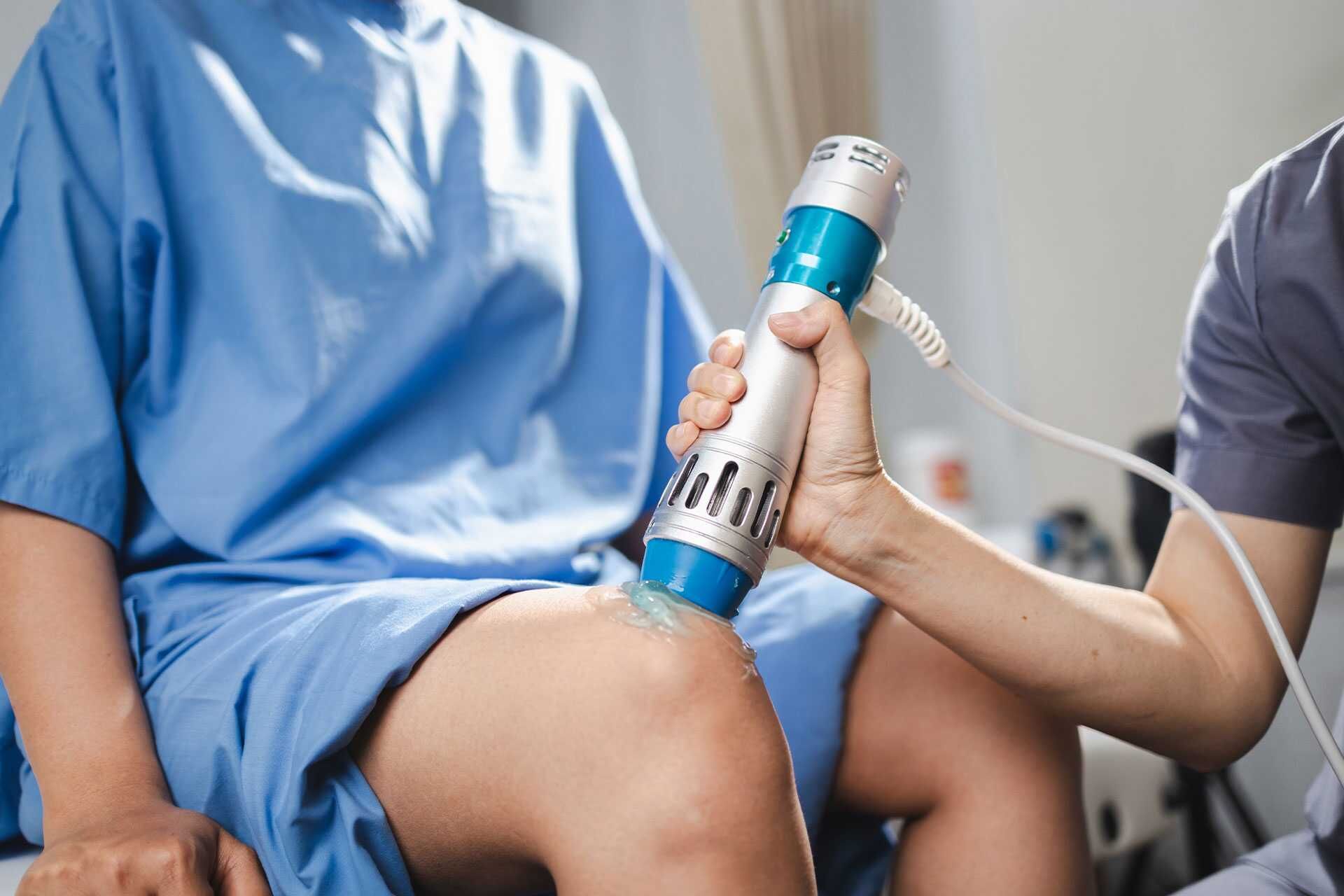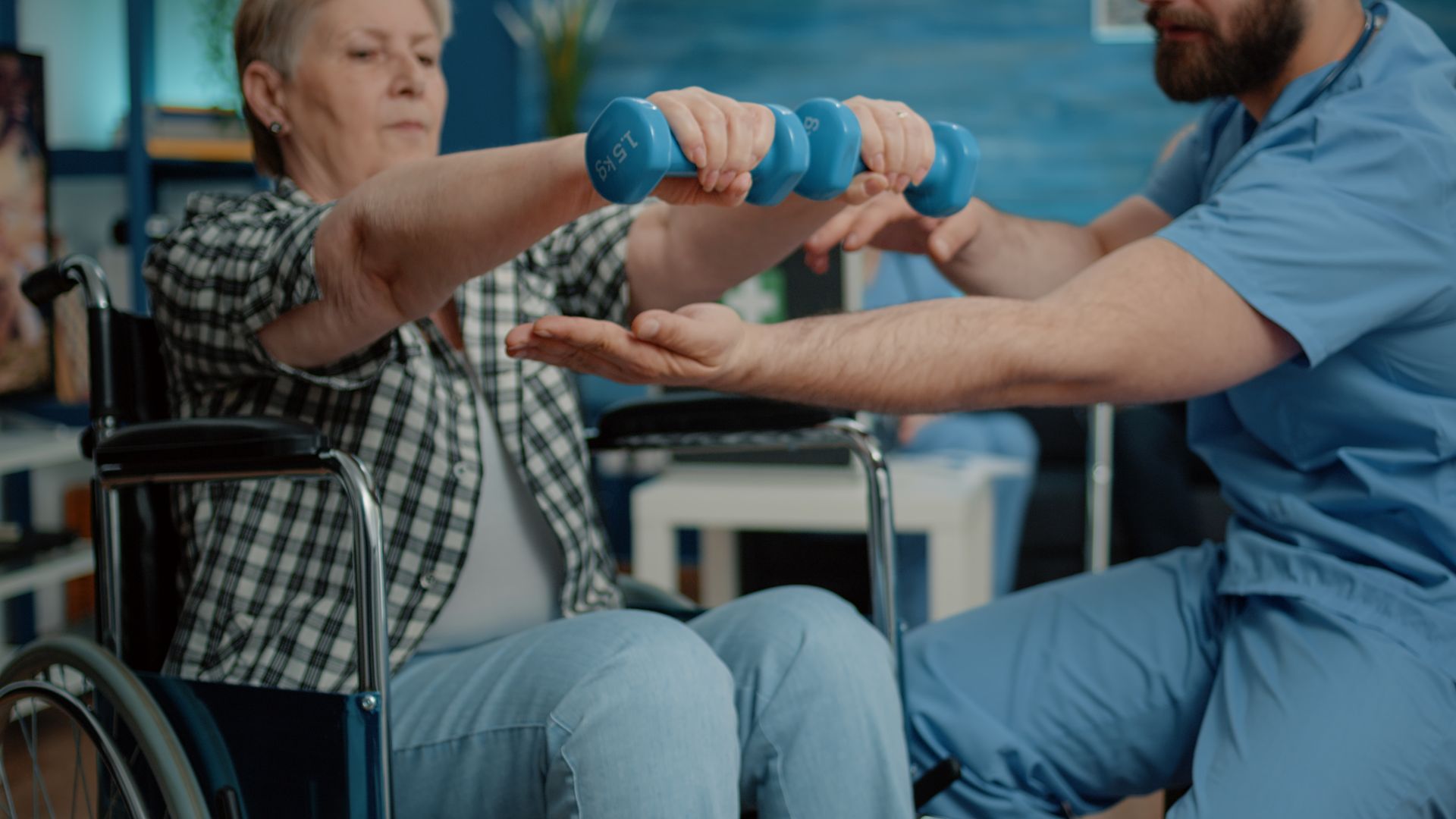No Walk in the Park: Causes, Symptoms, and Treatments for Ingrown Toenails
Ingrown toenails are more than a minor nuisance—they can make every step painful and disrupt daily life. At Delta Physiotherapy & Rehab in Mississauga, many patients are surprised to learn how common and treatable this condition is, especially with the expertise of a seasoned chiropodist such as Natasha Glodon-Lewis.
What Is an Ingrown Toenail?
An ingrown toenail, or Onychocryptosis, occurs when the edge or corner of a toenail grows into the surrounding skin. While this can affect any toe, the big toe is most often involved. This ingrowth causes pain, redness, swelling, and sometimes infection. If left untreated, the inflammation can worsen, leading to possible drainage, extra tissue growth (granulation tissue), and further complications.
Why Do Ingrown Toenails Happen?
There are multiple reasons why the nail may start to grow abnormally, and understanding these causes can help minimize the risk:
- Improper Footwear: Tight-fitting shoes and high heels apply excessive pressure on the toes, disrupting natural nail growth. Ensuring a comfortable fit can make a significant difference.
- Incorrect Nail Trimming: Rounding off the toenail corners or cutting nails too short encourages them to grow into the skin. The recommended method is to cut toenails straight across, not beveled or rounded.
- Fungal Infections: Infections can thicken or widen nails, making them more susceptible to becoming ingrown.
- Foot or Toe Injuries: Acute trauma or repeated activities—like soccer or running—can alter the nail’s direction of growth.
- Genetics: Family history can influence foot and nail structure, making some people more prone to ingrown toenails.
- Natural Nail Shape: Some individuals naturally have more curved or rounded nail edges, increasing susceptibility.
What Are the Best Prevention Strategies?
Delta Physiotherapy & Rehab’s approach is grounded in patient education and personalized prevention guidance. Here are some ways to reduce the likelihood of developing ingrown nails:
- Trim Nails Properly: Always cut nails straight across and avoid rounding the corners.
- Choose Proper Footwear: Shoes should have adequate toe space and not compress the toes together.
- Practice Good Hygiene: Keep feet clean and dry, reducing the risk of infection.
- Inspect Regularly: For those with diabetes or circulatory issues, daily foot checks are essential.
- Manage Trauma: Take care to protect feet from repeated minor injuries, especially during sports and high-impact activities.
Seeking Professional Help: When to Contact a Chiropodist
While it may be tempting to ‘tough it out,’ professional intervention should not be delayed with symptoms such as:
- Persistent pain or swelling
- Redness and tenderness around the nail
- Signs of infection (drainage, pus, heat)
- Recurrent ingrown toenails
Early treatment from a licensed chiropodist can help ease discomfort, prevent infection, and ensure prompt healing.
Expert Advice and Treatment from Natasha Glodon-Lewis
Delta Physiotherapy & Rehab proudly features Natasha Glodon-Lewis, a licensed Chiropodist with over two decades of experience in advanced foot care. Registered with the College of Chiropodists of Ontario and an esteemed graduate of the University of Toronto and the Michener Institute, Natasha brings unique expertise to every patient interaction. Her clinical experience spans hospital-based wound clinics, rehabilitation hospitals, and a leadership role at McMaster University Family Health Practice, making her one of Mississauga’s most trusted foot health professionals.
Natasha’s comprehensive services include:
- Routine nail care to prevent recurrence
- Treatment for painful calluses, warts, and lesions
- Conservative and surgical care for ingrown toenails
- Diabetic and arthritic foot care
- Custom orthotics and nail braces
Treatment Options for Ingrown Toenails
Management options range from conservative to surgical, depending on the severity:
- Routine Chiropody Care: Regular visits ensure proper nail maintenance and early intervention.
- Saline Soaks: Soaking the affected foot in warm saline water can reduce minor inflammation.
- Topical and Oral Antibiotics: For mild to moderate infections, a combination of local care and antibiotics may be prescribed.
- Partial Nail Removal: If conservative measures fail or if the ingrown toenail is chronic or recurrent, partial nail avulsion can provide long-lasting relief. In this simple in-office procedure under local anesthetic, the section of the nail causing problems is removed, and the nail root is treated to prevent regrowth in that area. The recovery is minimal, and most patients resume normal activities quickly.
Why Trust Delta Physiotherapy & Rehab?
Located conveniently near Square One and Trillium Health, Delta Physiotherapy & Rehab offers prompt appointments and personalized care. Everyone deserves comfortable, pain-free movement, and that starts from the ground up—healthy feet are the foundation for an active lifestyle.
Whether struggling with an ingrown toenail or seeking preventative advice, booking a consultation with a knowledgeable chiropodist like Natasha Glodon-Lewis can restore comfort and confidence. Visit our website to learn more about ingrown nail treatments, or book your assessment at either our Central Parkway or Dundas, Mississauga locations.
After all, life in Mississauga should always feel like a walk in the park!










